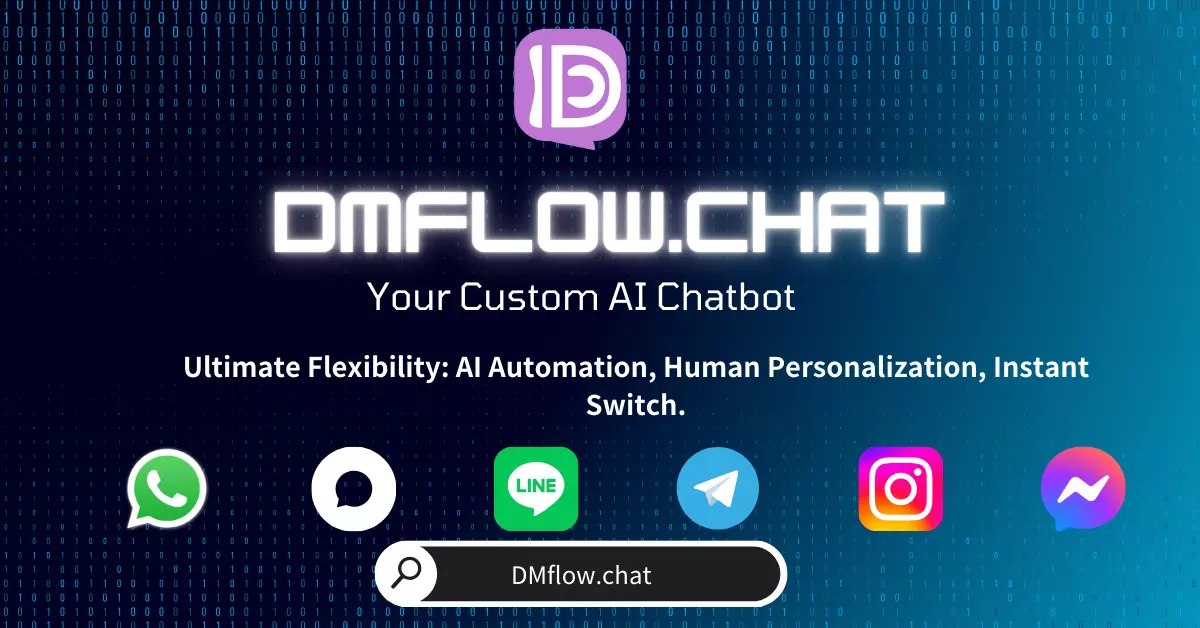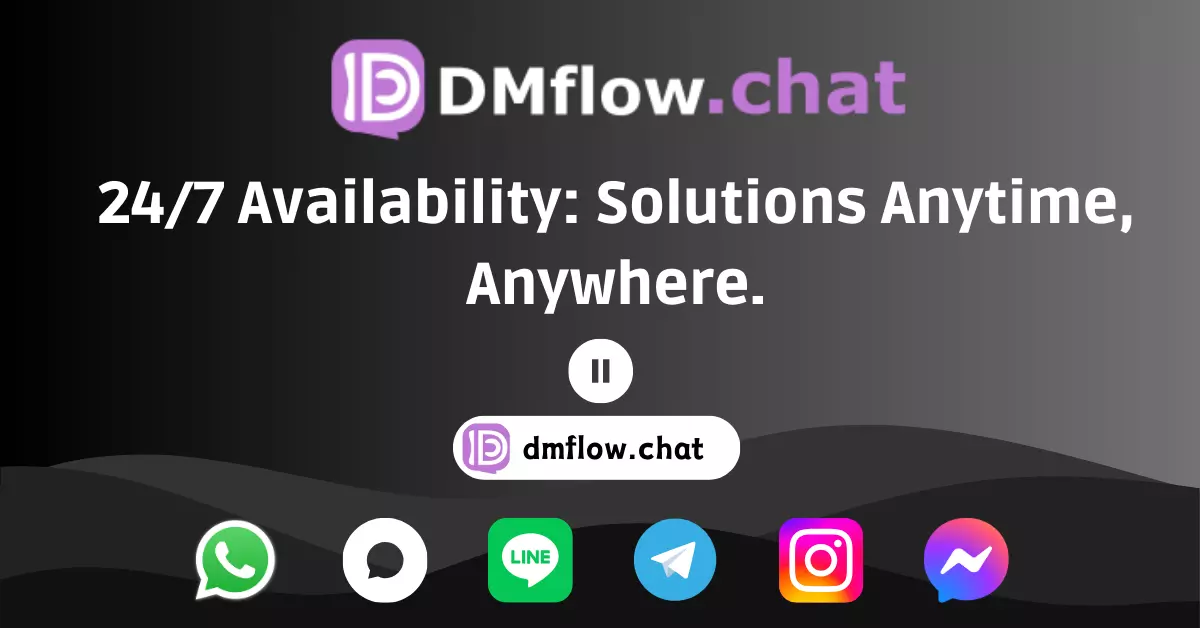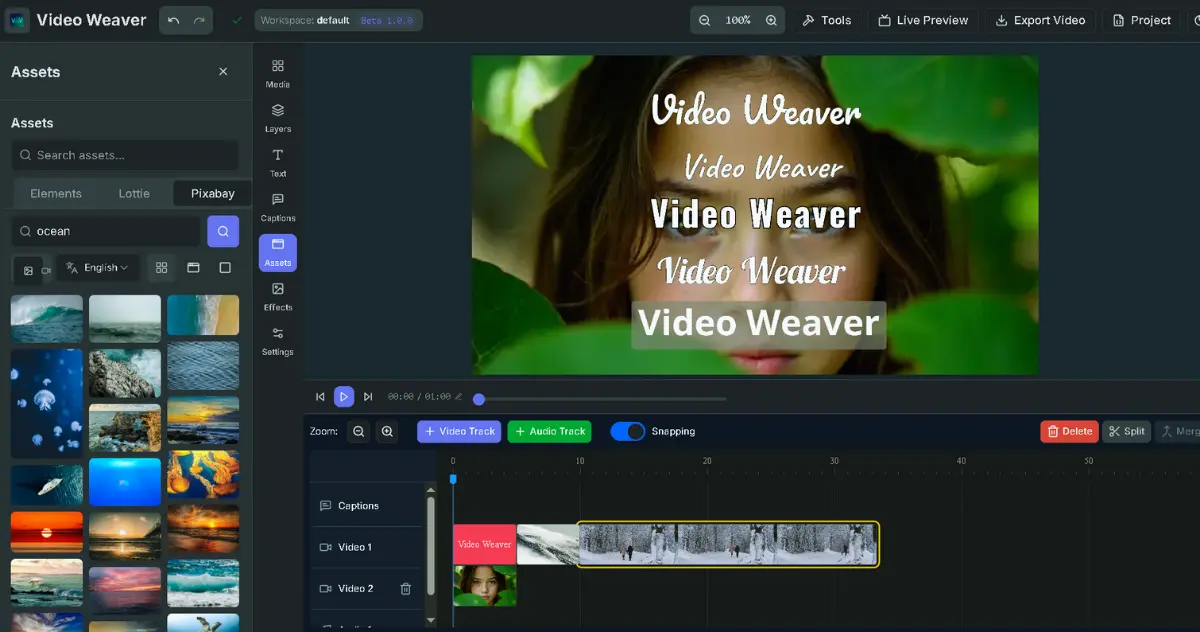Today is definitely a day to circle on the calendar for the artificial intelligence field. Tech giants seemed to have coordinated to release major news, from OpenAI demonstrating the potential of GPT-5 in scientific research, to Google unveiling the amusingly named but powerful ‘Nano Banana Pro’ image model, and finally ChatGPT opening up multi-person collaboration. These updates not only concern developers but also directly impact the daily experience of general users. This article will break down in detail how these new technologies are changing the way we work, create, and communicate.
OpenAI’s Scientific Gamble: GPT-5 Accelerates Scientific Discovery
This is perhaps the most shocking news of the day. OpenAI released a detailed report showcasing early experimental results of GPT-5 in the scientific field. The report, titled “Early experiments in accelerating science with GPT-5,” points out that AI is no longer just a passive knowledge base; it is becoming a “research partner” for scientists.
Imagine an AI providing crucial breakthroughs when scientists face mathematical problems that have been unsolved for decades. In one case mentioned in the report, GPT-5 assisted a mathematician in solving a proof related to an Erdős problem. In the field of biology, it identified the mechanism of immune cell changes from an unpublished chart in just a few minutes. This does not mean that AI can conduct scientific research completely independently, but in the hands of experts, it can significantly shorten the time for literature review, hypothesis generation, and verification. This demonstrates a new model of human-computer collaboration, taking the efficiency of scientific discovery to an unprecedented level.
Google’s Counterattack in Image Generation: Nano Banana Pro Arrives
Google is not to be outdone, releasing a new image model built on the Gemini 3 Pro architecture—Nano Banana Pro. Although the name sounds like a fruit-flavored snack, its performance is incredibly powerful.
According to Google’s official blog, this model solves several of the most troublesome problems in past AI-generated images: text rendering and character consistency. In the past, when we used AI to draw pictures, the text on signs was often gibberish, or the same character’s face would look different in different images. Nano Banana Pro, through enhanced reasoning capabilities and world knowledge, can not only accurately generate text in images but also maintain the consistency of a character’s appearance across different scenes. For designers or advertisers, this means they can directly use AI to generate high-quality, commercially viable visual materials without repeated retouching. Developers can now access this model via the paid API KEY through Google AI Studio or the Gemini APP.
It’s Finally Here! ChatGPT Opens “Group Chat” Feature
This feature has been long-awaited by many users. OpenAI officially announced that it is piloting the ChatGPT group chat feature in select regions, and Taiwan is among the first to be included!
Previously, we could only chat with the AI individually. Now, you can pull friends, family, or colleagues into the same chat room, making ChatGPT your discussion partner. Whether it’s planning a weekend trip, discussing what to have for dinner, or brainstorming project outlines with colleagues, ChatGPT can provide information, summarize key points, or offer suggestions in real-time. According to OpenAI’s announcement, this feature is currently available to users in Taiwan, Japan, New Zealand, and South Korea. It is worth noting that group chats and personal privacy are kept separate; your personal memory will not be leaked into the group, allowing everyone to collaborate in a shared space with greater peace of mind.
Android Auto Gets a Gemini Boost for a Smarter Driving Experience
Still fumbling with navigation or replying to messages while driving? Google has announced the integration of the Gemini assistant into Android Auto, making voice interactions in the car’s system more natural and fluid.
Unlike the rigid commands of the past, you can now talk to your car in a natural, conversational way. For example, you can simply say, “Hey Google, I’m suddenly craving barbecue. Are there any places still open on this route?” Gemini can even summarize and read your unread emails or generate a playlist suitable for a drive based on your current mood and the weather. This update allows drivers to focus more on the road while enjoying the convenience of AI-powered services. For more details, you can refer to Google’s official announcement.
A Comprehensive Evolution of Productivity and Creative Tools
In addition to the major updates above, there are many other highlights in the AI tool space today:
- NotebookLM Supports Presentation Generation: The popular note-taking tool NotebookLM can now not only organize information but also directly transform your materials into well-designed Slide Decks. This is definitely a huge boon for professionals who frequently need to give presentations.
- Suno Receives Massive Funding: The music generation platform Suno has completed a Series C funding round of $250 million, with a valuation approaching $2.5 billion. This shows that the capital market is full of confidence in the future of AI music creation, and we may soon see more applications that make “everyone a composer.”
- Developer Tools Get an Upgrade: Google has launched the “Repoless” feature for Jules, allowing engineers to start writing code and validating ideas without first creating a GitHub repository. Meanwhile, a new tool called Stitch utilizes the power of Nano Banana Pro to let designers modify web designs using natural language through screenshots or URLs.
Trust and Transparency: AI Content Verification
As AI-generated content becomes increasingly realistic, distinguishing between real and fake has become a major issue. Google has launched an image verification feature in the Gemini App. By integrating SynthID technology, users can now upload an image and ask Gemini, “Is this image AI-generated?” The system will detect the hidden digital watermark and provide a judgment. This is a crucial step in combating fake news and misleading information.
On another front, Perplexity has launched the Comet AI browser on Android, integrating voice queries and ad blocking. Elon Musk’s xAI has released Grokipedia 0.2, emphasizing transparent editing features in an attempt to build a more credible knowledge base.
Frequently Asked Questions (FAQ)
Q: Since Nano Banana Pro is an image model, why is there such an emphasis on text rendering? A: Because previous AI image generation models (like early versions of Midjourney) had difficulty accurately spelling out specified words or sentences, resulting in gibberish on generated signs and posters. Nano Banana Pro’s strength lies in its ability to accurately reproduce the text from the prompt, making the generated images more practical (e.g., for creating advertising materials).
Q: Do I need a new car to use the Gemini feature in Android Auto? A: You do not need a new car. As long as your car’s system supports Android Auto and the app on your phone is updated to a version that supports Gemini, the feature will be rolled out to your device in the coming months.
Q: How can I tell if an image was generated by Google’s AI? A: You can use the new feature in the Gemini App to upload an image and ask if it was generated by AI. If the image was generated by Google’s model and contains a SynthID watermark, Gemini will be able to identify it and tell you the result.




